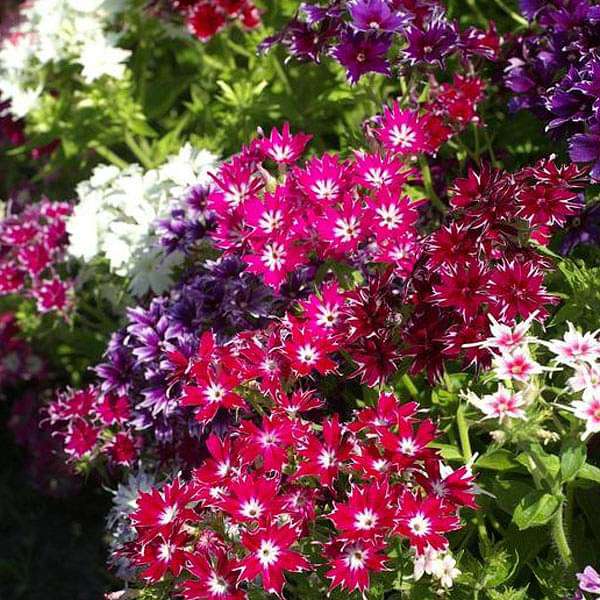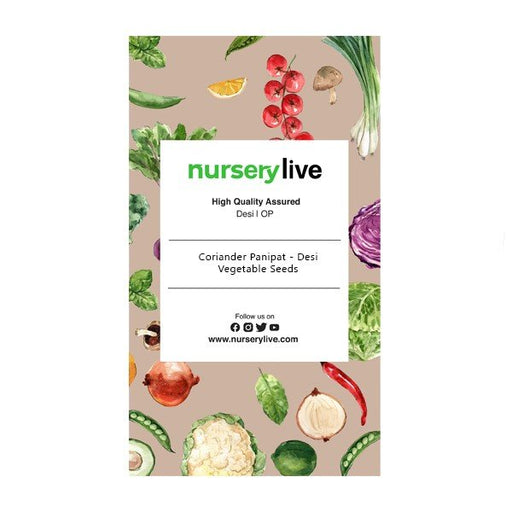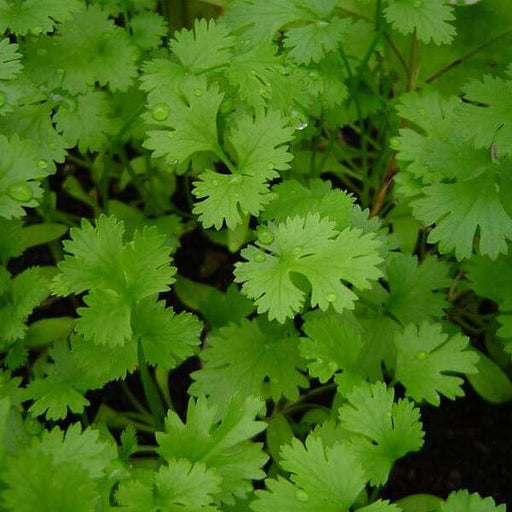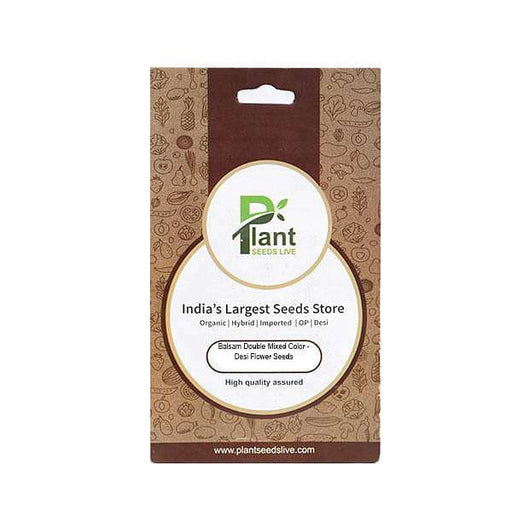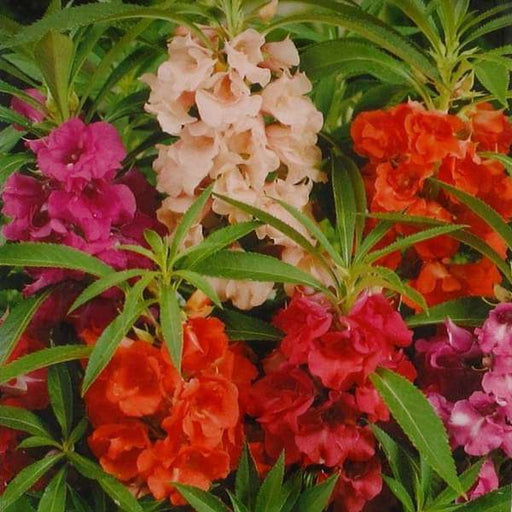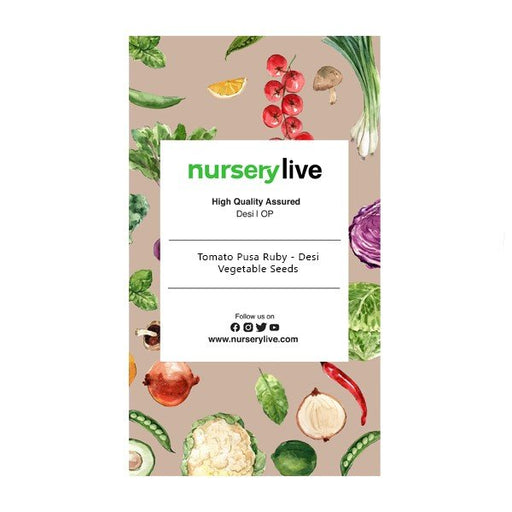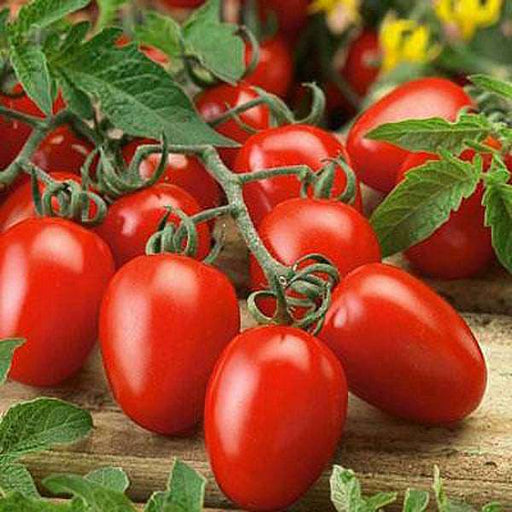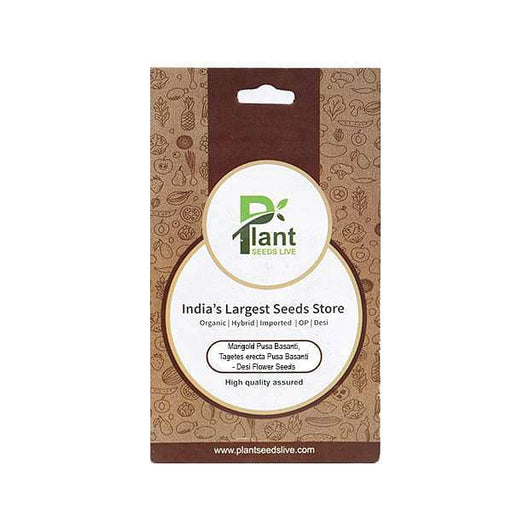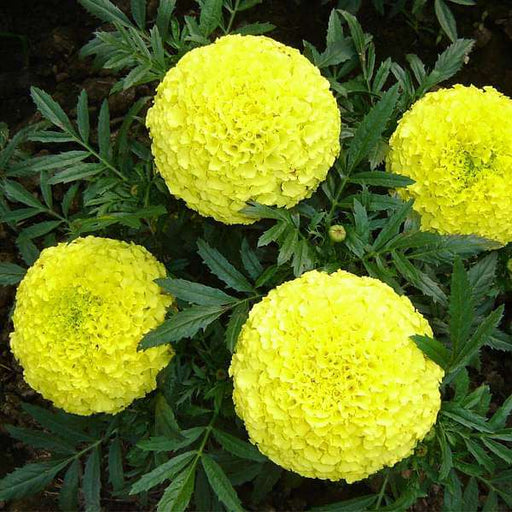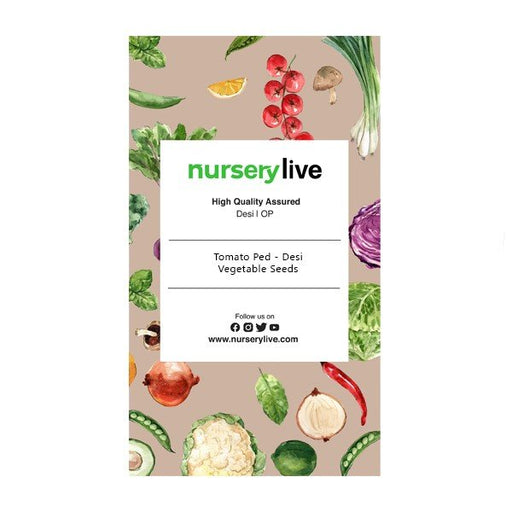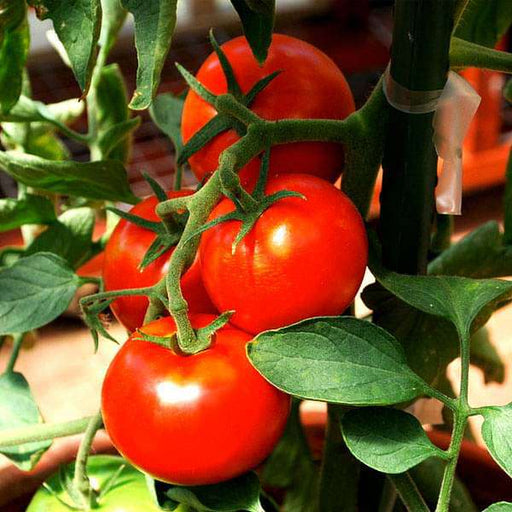Benefits of Hybrid Flowering Seeds
Hybrid flowering seeds are the result of cross-pollination between two different plant varieties, which results in plants with unique traits. Some benefits of using hybrid flowering seeds are disease resistance, higher yields, and improved plant vigor. So, if you want a healthy and bountiful garden, hybrid flowering seeds are the way to go.
Types of Hybrid Flowering Seeds
Hybrid flowering seeds come in different types, including F1 hybrids, double hybrids, triple hybrids, and more. F1 hybrids are the most common type and result from the crossing of two purebred parent plants. Double hybrids result from crossing two F1 hybrids, and so on. Knowing the different types of hybrid flowering seeds can help you choose the best one for your garden.
Growing Hybrid Flowering Seeds
Growing hybrid flowering seeds is not much different from growing non-hybrid seeds. However, since hybrid seeds are the result of cross-pollination, it's important to keep them isolated from other plant varieties to avoid pollination. Ensure you follow the planting instructions and provide the right growing conditions to achieve the best results.
Hybrid Flowering Seeds vs. Non-hybrid Seeds
Hybrid flowering seeds are often compared to non-hybrid seeds, and the former is the clear winner. While non-hybrid seeds have been around for a long time, hybrid seeds have been developed to be more resistant to disease, pests, and other environmental factors, resulting in higher yields and better quality plants.
Buying Hybrid Flowering Seeds
When buying hybrid flowering seeds, it's important to purchase them from reputable seed companies. Look for seeds that are fresh and packaged properly, with clear labeling indicating the seed type and any special growing requirements. Check reviews from other gardeners to ensure you're getting a good product.
Hybrid Flowering Seedling Care
Once your hybrid flowering seeds have germinated, it's important to provide proper care to ensure they grow into healthy plants. This includes providing sufficient light, water, and nutrients, and ensuring the seedlings are protected from pests and disease. With proper care, your hybrid flowering seedlings will grow into strong and vibrant plants.
Storing Hybrid Flowering Seeds
If you have leftover hybrid flowering seeds, it's important to store them properly to ensure their longevity. Store them in a cool, dry place, such as a refrigerator or freezer, to prevent moisture and humidity from affecting them. Make sure to label and date the seeds to keep track of their viability.
Hybrid Flowering Seeds and Plant Diversity
Hybrid flowering seeds can be an excellent way to introduce new plant varieties and increase plant diversity in your garden. By using different hybrid varieties, you can add unique colors, shapes, and sizes to your garden, making it more visually interesting and appealing.
Hybrid Flowering Seeds and Sustainability
Hybrid flowering seeds can be a sustainable choice for gardeners as they require fewer pesticides and fertilizers, resulting in a smaller environmental footprint. Additionally, the higher yields of hybrid plants mean you can grow more with fewer resources, making them an eco-friendly choice.
Hybrid Flowering Seeds and Pollinators
Hybrid flowering seeds can attract a variety of pollinators, including bees, butterflies, and hummingbirds. By planting hybrid varieties, you can provide a food source for these important pollinators, which can help increase their populations and support a healthy ecosystem.
Hybrid Flowering Seeds and Companion Planting
Hybrid flowering seeds can be used in companion planting, which involves growing two or more plant varieties together that benefit each other. For example, planting a hybrid flowering plant with a vegetable plant can help attract pollinators and repel pests, resulting in a healthier garden.
Hybrid Flowering Seeds and Garden Design
Hybrid flowering seeds can play a crucial role in garden design by adding interest and diversity to your landscape. By choosing different hybrid varieties with various heights, colors, and textures, you can create a visually stunning garden that is both beautiful and functional.
Hybrid Flowering Seeds and Container Gardening
Hybrid flowering seeds are an excellent choice for container gardening, as they come in many sizes and shapes. You can grow them in pots on your patio or balcony, or even indoors, to add some greenery to your living space.
Hybrid Flowering Seeds and Landscaping
Hybrid flowering seeds can be used in landscaping to create a cohesive and visually pleasing outdoor space. By choosing different hybrid varieties that complement each other, you can create a garden that is both beautiful and functional.
Hybrid Flowering Seeds and Cut Flowers
Many hybrid flowering seeds produce blooms that are perfect for cut flower arrangements. By growing these varieties in your garden, you can enjoy their beauty both inside and outside of your home.
Hybrid Flowering Seeds and Edible Flowers
Some hybrid flowering seeds produce blooms that are edible, making them an excellent choice for culinary uses. You can use them to decorate salads, desserts, and even cocktails.
Hybrid Flowering Seeds and Seasonal Planting
Hybrid flowering seeds can be used for seasonal planting, allowing you to enjoy their blooms throughout the year. By choosing different hybrid varieties that bloom in different seasons, you can have a garden that is always in bloom.
Hybrid Flowering Seeds and Medicinal Plants
Some hybrid flowering seeds produce plants that have medicinal properties. By growing these varieties in your garden, you can have access to natural remedies for various ailments.
Hybrid Flowering Seeds and Native Plants
Hybrid flowering seeds can be used to create hybrid native plants that are adapted to your local environment. By growing these varieties in your garden, you can support local ecosystems and biodiversity.
Hybrid Flowering Seeds and Sustainable Agriculture
Hybrid flowering seeds can be a crucial component of sustainable agriculture, as they can help increase crop yields and reduce the use of pesticides and fertilizers. By choosing hybrid varieties that are adapted to your local environment, you can grow healthy and sustainable crops while minimizing your environmental impact.

